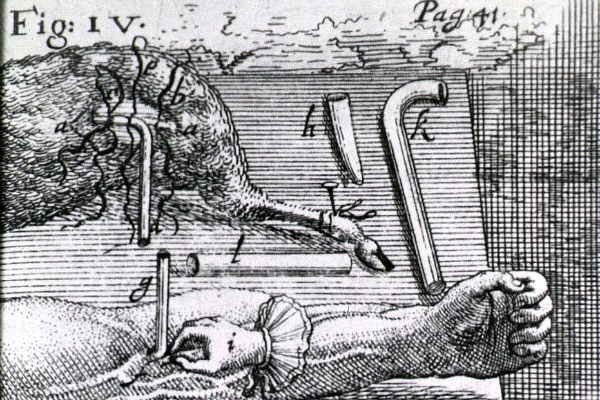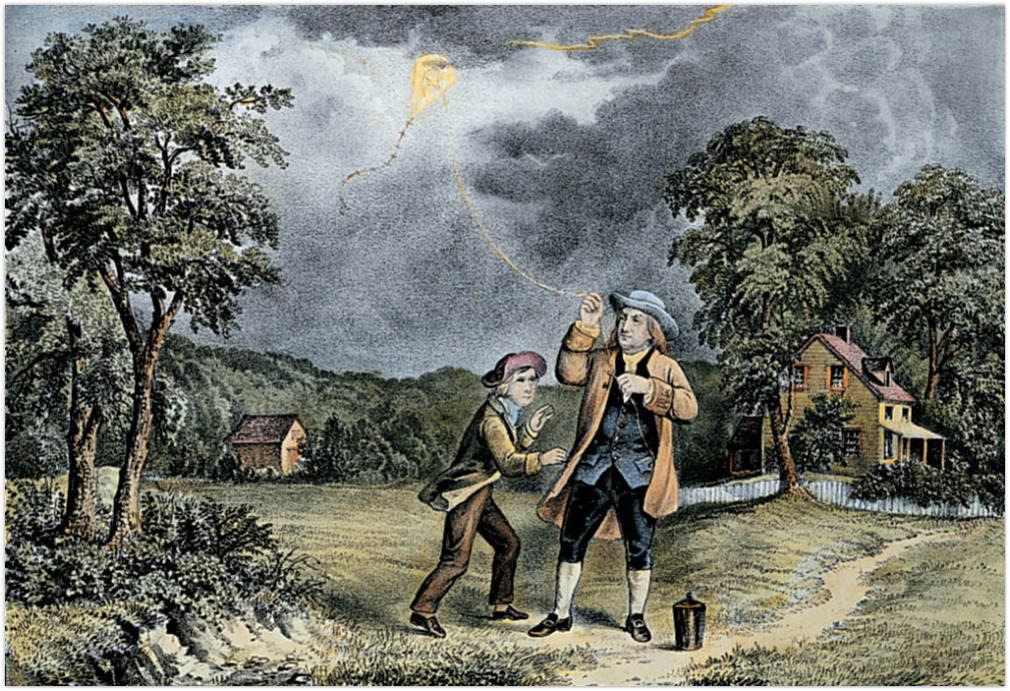I'm not sure if the holiday is celebrating this crustacean for its' longevity or its' delicious taste. Yes I know that if you are celebrating National Lobster Day today, you are celebrating the consumption of Canadian lobsters. I don't care, I love lobsters, especially in my tummy, floating in a sea of gin, especially Bombay Sapphire. (What alcohol you like your pre-digested crustaceans to float in, is between you and your god.)
If you feel you must, celebrate National Lobster Day on the 25th of September, when you clearly will be honoring the Maine variety. Once again, need I remind the gentle reader that, National Martini Day is June 19th, Father's Day is June 20th; I know I have lobster in my future.
Here's a tip from your old friend, the doctor: Look for a lobster that seems active and alive, and the more active, the better. If you are not squeamish, remove the rubber bands before dispatching your lobsters. If you have the time please take a tip from one of our bunkies, consider reading David Foster Wallace's classic essay, "Consider the Lobster."
June 15, 1960 -
The Apartment, starring Jack Lemmon and Shirley MacLaine, opened in New York on this date. This is the film Billy Wilder completed after his smash hit Some Like It Hot.
Jack Lemmon said he learned much about filmmaking from Billy Wilder, particularly the director's use of "hooks," bits of business the audience remembers long after they've forgotten other aspects of the movie. One such hook was the passing of the key to Baxter's apartment. Lemmon said for years after the picture's release, people would come up to him and say, "Hey, Jack, can I have the key?"
June 15, 1967 -
The WWII adventure film, The Dirty Dozen, premiered on this date.
Production on the film ran for so long that Jim Brown was in danger of missing training camp for the upcoming 1965-1966 football season. As training camp and the NFL season approached, the NFL threatened to fine and suspend Brown if he did not leave filming and report to camp immediately. Not one to take threats, Brown simply held a press conference to announce his retirement from football. At the time of his retirement, Brown was considered to be one of the best in the game, and even today is considered to be one of the NFL's all-time greats.
June 15, 1973 -
Motown Records released Marvin Gaye's Let's Get It On, on this date.
The song topped the Billboard Pop Singles chart for two weeks and the Billboard Soul Singles chart for eight weeks. It also made history as Motown's most successful release in the United States to that date and the second most successful song of 1973.
June 15, 1973 -
20th Century Fox releases the fifth and final entry in the Planet of the Apes series, Battle for the Planet of the Apes, directed by J. Lee Thompson and starring Roddy McDowall, Claude Akins, Natalie Trundy, John Huston, and Paul Williams, was released on this date.
The scenes of Ape City in this film were filmed at the Fox Ranch, now Malibu State Park. The interior scenes of the Dead City were filmed inside a waterworks plant, so when MacDonald points and says "This is...was...Eleventh Avenue", you can see they're surrounded by walls and are not standing on the remains of a street corner.
June 14, 1983 -
The BBC comedy series Black Adder starring Rowan Atkinson and Tony Robinson premiered on this date.
According to Rowan Atkinson, he had no idea how to play Blackadder right up to the point where the cameras were rolling for the first time; he didn't even know what voice to use for the character.
June 15, 1989 -
Nirvana's debut album, Bleach, was released, on this date.
The album Bleach initially sold about 35,000 copies, which was pretty good for an Indie band and got them signed to a major label. The album eventually sold over 1 million copies, as many Nirvana fans bought it after Cobain died. The album cost about $600 to produce. They got the title from a public service campaign in San Francisco that urged intravenous drug users to "Bleach Your Works," meaning to clean their needles with bleach so they would not spread the AIDS virus.
June 15, 1990 -
Warren Beatty's take on the comic strip detective, Dick Tracy, opened on this date.
Gene Hackman turned down the role of Lips Manlis, because he couldn't bear being directed by Warren Beatty again after his experience on Reds.
June 15, 1994 -
Disney's 32nd animated feature, The Lion King, opened in limited release in the US on this date.
A few weeks before the film opened, Elton John was given a special screening. Noticing that the film's love song had been left out, he successfully lobbied Jeffrey Katzenberg to have the song put back in. Later, "Can You Feel the Love Tonight" won him an Academy Award for Best Original Song.
Today's moment of Zen
Today in History:
June 15, 1215 -
King John was forced by all the English Barons to sign the Magna Carta, which asserted the supremacy of the law over the king, at Runnymede, England on this date.
The Magna Carta (the Great Charter) was adopted and sealed by the King at Runnymede, England, granting his barons more liberty.
June 15, 1330 -
Please take notes, this will be on the test:
King Edward III was a famous English king, celebrated for his invention of manners and discovery of the economy. He played tennis, and once famously rebuked the King of France for having sent him his balls in a box.
King Edward established the Order of the Garter because he was what English nobles referred to as a "leg man." (It was he who also famously remarked, Honi soit qui mal y pense, or Honey, show us some cheesecake.)
King Edward had many sons, one of whom was born on June 15, 1330. This son he named Prince Edward. Though white at birth, he eventually became England's first Black Prince.
Prince Edward eventually married Joan of Kent. In her youth, Joan had been known as the Fairly Made because she was so fat; in later years she was referred to as Chubster and Lardass, though seldom to her face.
At the age of sixteen, Prince Edward and his father the king led the English against the French at Crecy, in order to start the 100 Years War. There were many more French than English, but the English had the advantage of the Long Boa. The French were powerless against this innovation. Ten years later, the English and French took the field again, this time at Poitiers. The French had learned from experience, and tried to counter the English Long Boa with their own Very Large Scarf. They failed. The English took France's King John prisoner and ransomed him for half a million pounds (250 tons). Prince Edward was kind to the French king, however, and prayed with him, which proved that the apple had not fallen far from the tree. (Edward was also a legman.)
By now he had become the Black Prince.
In recognition of his prowess, the Black Prince was made the ruler of Aquitaine in 1362. When some of the French rebelled at Limoges in 1370, he had all 3000 inhabitants killed. This resulted in peace. The Black Prince died before he could succeed to the throne, thereby losing the opportunity to become England's first Black King.
Edward and Joan had two children. One was Edward, who died in infancy and was therefore ineligible to be king. The other was Richard, also known as Richard II, who succeeded to the throne only to abdicate in favor of Henry IV, Part 1. Following Henry IV Parts 1 and 2 came Henry V, then Henry VI parts 1, 2 and 3, and then finally Richard III.
This kept William Shakespeare busy for many years.
June 15, 1409 -
Petros Philargos was elected Pope Alexander V by the Council of Pisa on this date in 1409. This poses a certain amount of difficulty and increased the amount of Papal Bull, as there already was a Pope in Rome, Gregory XII, and another in Avignon, Benedict XII. Ultimately, none of the three was willing to step down, leading the Chuch into a double schism.
This made papal dispensations a drug on the market.
June 15, 1520 -
Pope Leo X (no relation to Malcolm or Generation) threatened to excommunicate Martin Luther with a papal bull, on this date. (Luther was officially excommunicated on January 3rd, 1521.)
Pope Leo X is famous for his use of papal bulls although not quite as famous (and we know it's not true) as Catherine the Great was for her use of horses (I'm really sorry that I made that joke.)
June 15,1667 -
Dr. Jean-Baptiste Denys, the personal physician to Louis XIV, performed the first blood transfusion in history on this date. He performed the transfusion on a fifteen year old boy, using blood drawn from the severed neck of a sheep.
While the experiment was considered a success (the boy died?), it was clearly a disappointment if you were rooting for the sheep.
June 15, 1752 -
Benjamin Franklin and his son tested the relationship between electricity and lightning by flying a kite in a thunder storm on this date (or some other date, don't forget Mr. Franklin was a member of the notorious Hellfire Club.) There is no record on how much the Franklins drank earlier that day.
This now proved the famous theory that lightning is some powerful sh*t.
June 15, 1785 -
Jean-François Pilâtre de Rozier died during an attempted crossing of the English Channel when his balloon, a combination hydrogen and hot air balloon, exploded on this date.
Thus, he and his companion, Pierre Romain, became the first known victims of an air crash. The term "pilot" is sometimes erroneously thought to derive from his first name, Pilatre.
June 15, 1904 -
The General Slocum worked as a passenger ship, taking people on excursions around New York City. On this date, the ship had been chartered for $350 by the St. Mark's Evangelical Lutheran Church in the German district Little Germany, Manhattan. This was an annual rite for the group, which had made the trip for 17 consecutive years. Over 1,300 passengers, mostly women and children, boarded the General Slocum. It was to sail up the East River and then eastward across Long Island Sound to Locust Grove, a picnic site in Eatons Neck, Long Island. It caught fire and burned to the water line in New York's East River.
More than 1,000 people died in the accident, making it New York City's worst loss-of-life disaster until the September 11, 2001 attacks.
June 15, 1921 -
Bessie Coleman was the first woman of African-American and Native-American descent to hold a pilot license. She earned her license from France's Caudron Brother's School of Aviation in just several months after starting at the school, on this date.
Coleman became a high profile pilot in notoriously dangerous air shows in the United States. Popularly known as Queen Bess and Brave Bessie, she died in a plane crash in 1926 while testing a new aircraft.
June 15, 1955 -
Duck and cover, people.
The Eisenhower administration stages the first annual OPAL exercise. In the Operation Alert drill, air raid sirens blare across America to assess our preparations for a nuclear attack.
And so it goes.








No comments:
Post a Comment